The Top Environmental Groups You Should Know
Here are the top environmental groups that you should know and support that are doing critical work to conserve our planet & public lands.

Many people are wondering what they can do to have a positive impact on the environment. People are scared about the future of our public lands, climate change, survival of wildlife and so much more! The truth is…so are the nonprofits and environmental groups working in these areas, and they need YOUR HELP now more than ever.
In response, we wanted to share a list of some of our favorite environmental non-profits and organizations that are doing amazing work around our country and the globe. It’s humbling to see the sheer volume of groups working together for the greater good.
These environmental groups – both big and small, local and national – need YOUR support in protecting our natural resources and ensuring sustainability for our own and for future generations. If you’re looking to brush up on the important environmental issues or to make a difference by donating and/or volunteering your time, these environmental organizations are a great place to start. We invite you to share this list with fellow outdoor friends, and know that together we can drive positive change.
Also, in this list, we mostly focus on national groups, but there are smaller environmental non-profits all over the country that are tackling local issues that are equally important. We encourage you to do some research and find the organizations doing work in your community and see how you can support their efforts.
Here are some of the top environmental groups in the U.S. that you should know about. We encourage you to get involved and support them if you can!
- National Park Groups
- Land Preservation Groups
- Outdoor Access, Recreation & Trail Groups
- Environmental Justice Organizations
- Wildlife Conservation Organizations
- Ocean Conservation Organizations
- Healthy Rivers & Water Supply Groups
- Climate Change Organizations
- Environmental Advocacy Groups
- Local Environmental Groups
National Park Groups
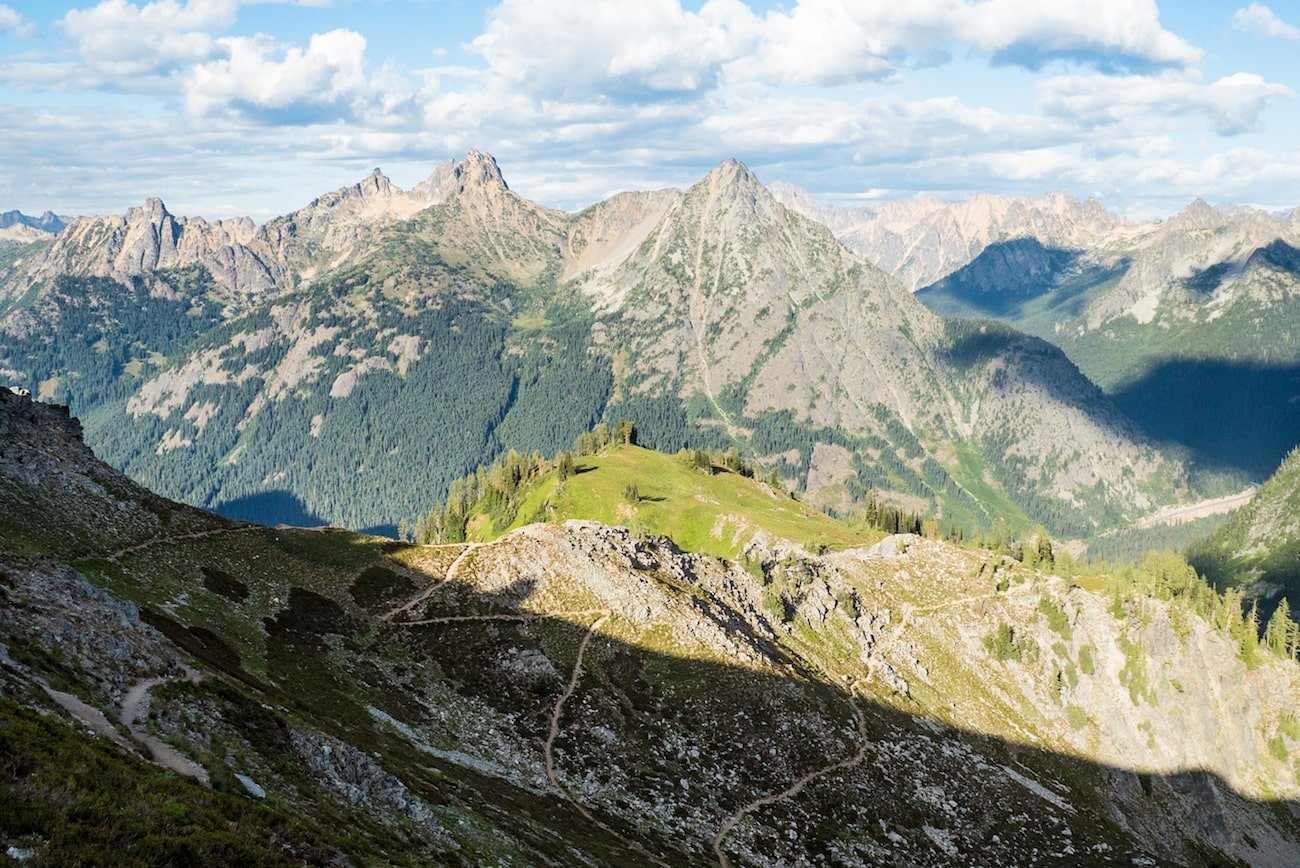
National Park Foundation
As the official nonprofit partner of the National Park Service, the National Park Foundation raises funds to protect and enhance our National Parks for present and future generations. From preserving hiking trails, restoring land, highlighting women, and raising awareness around African American history in our National Parks, their work is essential in helping people across the country – and the globe – connect to nature in some of the most beautiful places in the U.S.
National Parks Conservation Association
Our National Parks recently celebrated 100 years as stewards in protecting our nation’s most cherished natural and cultural resources. The National Parks Conservation Association has been around since 1919 and is one of the lead environmental groups advocating for National Park funding, good public policy, and education regarding the benefits of our National Parks. This is more important now than ever as more people are heading outside and looking to explore the beauty of our National Parks.
National Park Service Programs
Looking to support one specific area or make a difference in your community? The National Park Service works in counties across the U.S. to help communities preserve history and create local recreational opportunities. Learn more about how NPS helps communities and how you can get involved here.
Land Preservation Groups
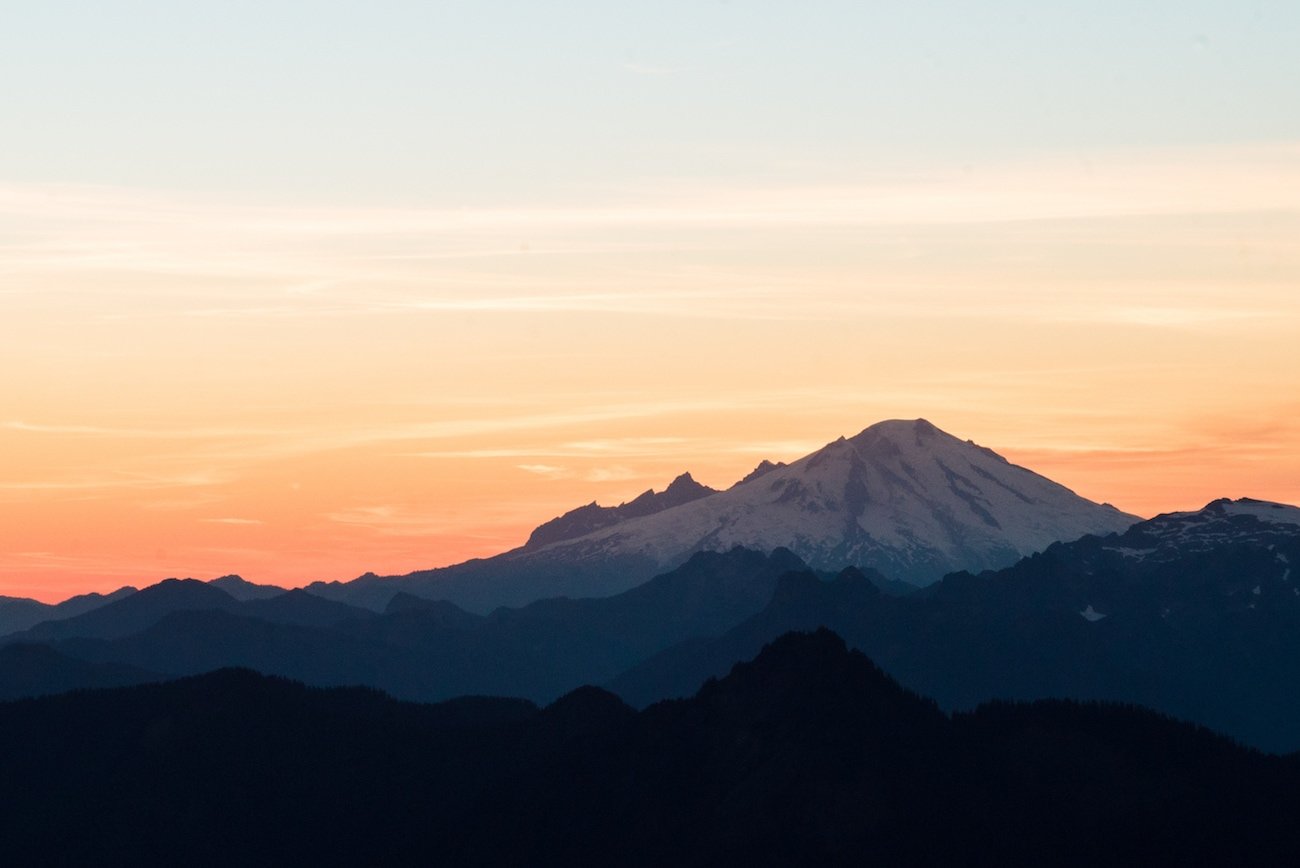
The Wilderness Society
Whether you live in a sprawling urban city or in the country, we know land is a hot commodity and preserving it for wildlife and outdoor enjoyment takes rallying funds and community voice. The Wilderness Society advocates for new monuments and wilderness designations. They fight back when there are bills introduced in Congress to sell off our public lands or dismantle the 1964 Wilderness Act. From the Arctic to the Colorado Plateau to the Southern Appalachians, their footprint of work is strong.
Sierra Club
Many are familiar with the Sierra Club, a grassroots environmental organization working to defend everyone’s right to a healthy world. They encourage politicians to protect land, air, water, wildlife, and people, and to curb climate change. You can become a member, donate, sign petitions, volunteer, and explore volunteer-led tours and treks as well as local outings to help people get outside.
The Nature Conservancy
The Nature Conservancy is a global environmental nonprofit working to create a world where people and nature can thrive. Founded in 1951, it’s one of the largest, most effective, and wide-reaching environmental organizations out there. They currently do conservation work in 70+ countries to support the protection of wildlife and their habitat and have protected more than 125 million acres of land. They also offer opportunities with partner organizations to volunteer and provide digital resources to educators to bring into the classroom.
The Conservation Fund
Another important and effective environmental group that focuses on protecting land in all 50 states is The Conservation Fund. It has protected over 8 million acres of land and water since 1985. In addition to conserving and protecting land across the U.S., The Conservation Fund awards grants to community organizations to strengthen local economies and has created thousands of jobs in underserved communities.
The Trust for Public Lands
the Trust for Public Lands works in a community-driven process that includes local farmers and ranchers to develop conservation plans resulting in new areas set aside for public enjoyment. They create parks and open spaces for communities to enjoy, something we need more of as more people are looking to get outside.
Outdoor Access, Recreation & Trail Groups

Student Conservation Association
The Student Conservation Association is working to empower our newest generation of leaders, rangers, and park stewards. 70% of their alumni are working in careers as adults to make the planet more sustainable. Over 160,000 youth have been educated and engaged in the movement to save our planet through the SCA.
American Hiking Society
Love hiking and being outdoors? Why not volunteer and see what it’s like to be on a trail crew. The American Hiking Society has a directory of volunteer trail crews so you can find one near you. If you are interested in long distance “thru-hiking” the Pacific Crest Trail or Appalachian Trail, get involved with their respective organizations and support the sustainability and longevity of the trails.
The Access Fund
More into ropes and climbing? We’ve got a great non-profit for you! The Access Fund works to purchase private land for public rock climbing use, while educating and training climbers on minimizing their impact. One in five climbing areas in the US is currently threatened by an access issue. Help reduce the threat so more can get outside climbing.
Environmental Justice Organizations
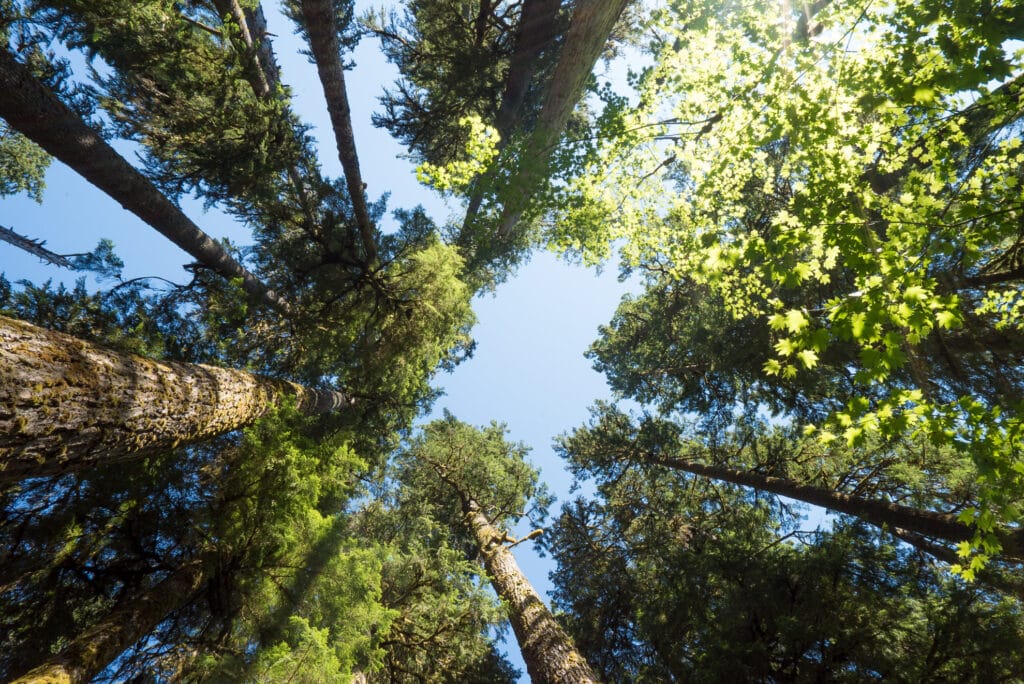
Communities for a Better Environment
Communities for a Better Environment (CBE) is working for environmental justice in low-income communities and communities of color by preventing and reducing pollution and building green, healthy and sustainable communities and environments. They provide residents with organizing skills, resources, and training so they can successfully stand up for their well-being.
Center for Diversity and the Environment
The Center for Diversity and the Environment (CDE) is racially and ethnically diversifying the environmental movement by building bridges between communities of color and the environmental community as a whole. They are creating an equitable, inclusive, and diverse coalition of people working together to transform the U.S. environmental movement.
Got Green Seattle
Got Green Seattle is a grassroots organization doing important work fighting for environmental, racial, and economic justice in low-income communities. They help improve access to healthy food, come together to advocate for climate justice, and fight for a green economy.
>> For organizations working to expand outdoor access to people of color and low income youth, see this list of groups working to advance diversity outdoors.
Wildlife Conservation Organizations
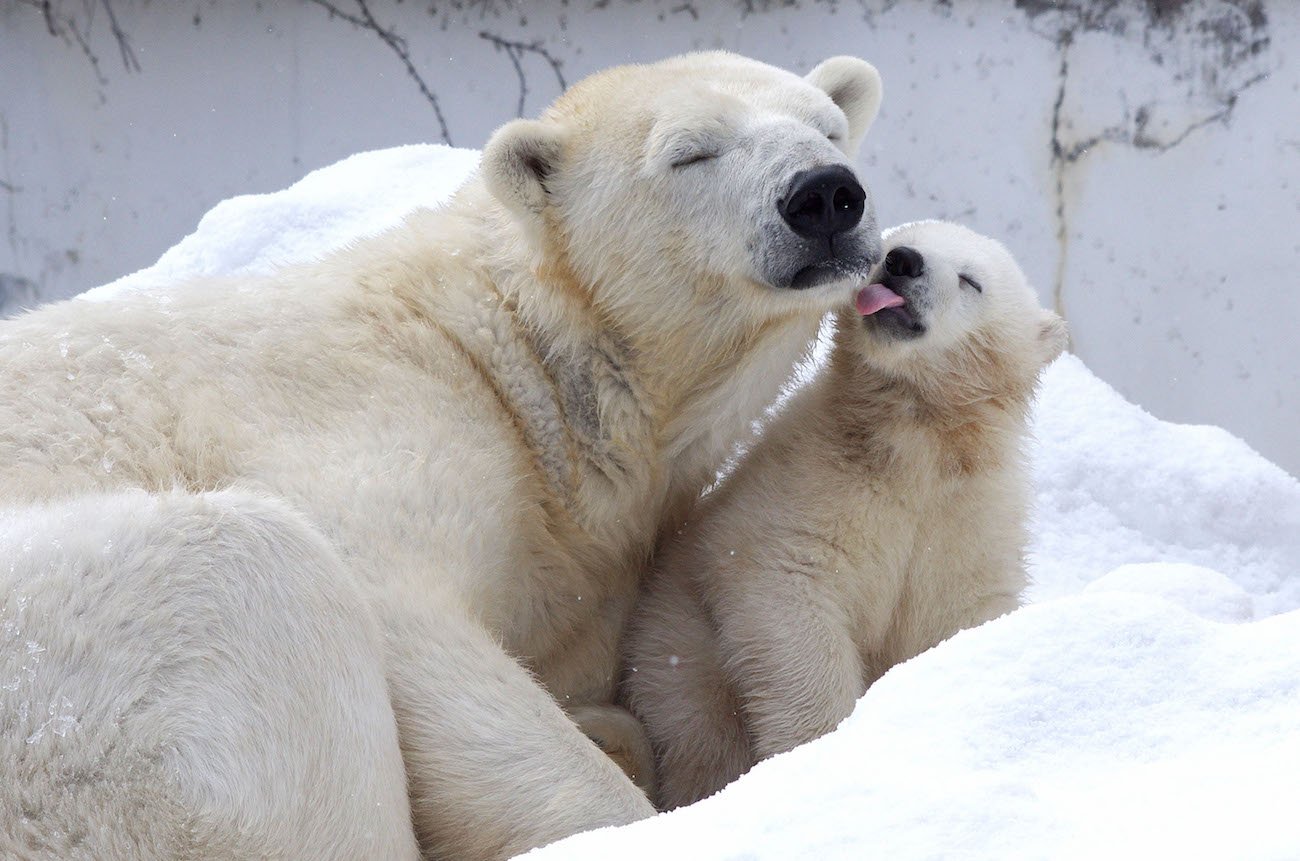
World Wildlife Fund
The World Wildlife Fund is a leading wildlife conservation organization that works in nearly 100 countries. They work with local communities to conserve natural resources, shift to more sustainable practices, and protect and restore endangered species and their habitats.
Conservation International
Conservation International, as the name implies, is an international conservation organization that works to empower people to protect nature. They have projects in the Amazon, Indonesia, Africa, China, the Pacific Ocean, and more. Their main focus is on protecting nature to halt climate change as well as protecting our oceans, lands, and waters in order to ultimately protect humanity.
Defenders of Wildlife
Defenders of Wildlife are intimately involved in endangered species issues and writing legislation to protect wildlife. They also do public outreach and fight legal battles pertaining to critical wildlife habitat and dwindling populations.
The Audubon Society
Interested in the wildlife in your backyard? One of the best parts of the Audubon Society is that you can get involved in local chapters across the nation to make a difference in your hometown. Audubon focuses specifically on birds – and you can help by searching their database of native vegetation that support birds and planting those at your home.
The National Wildlife Federation
The National Wildlife Federation is currently working to help wildlife in areas affected significantly by global warming, and they are also working to plant native trees and implement state wildlife action plans. Looking to get younger nature lovers involved in conservation? Check out their Ranger Rick award-winning nature magazine for kids!
Ocean Conservation Organizations
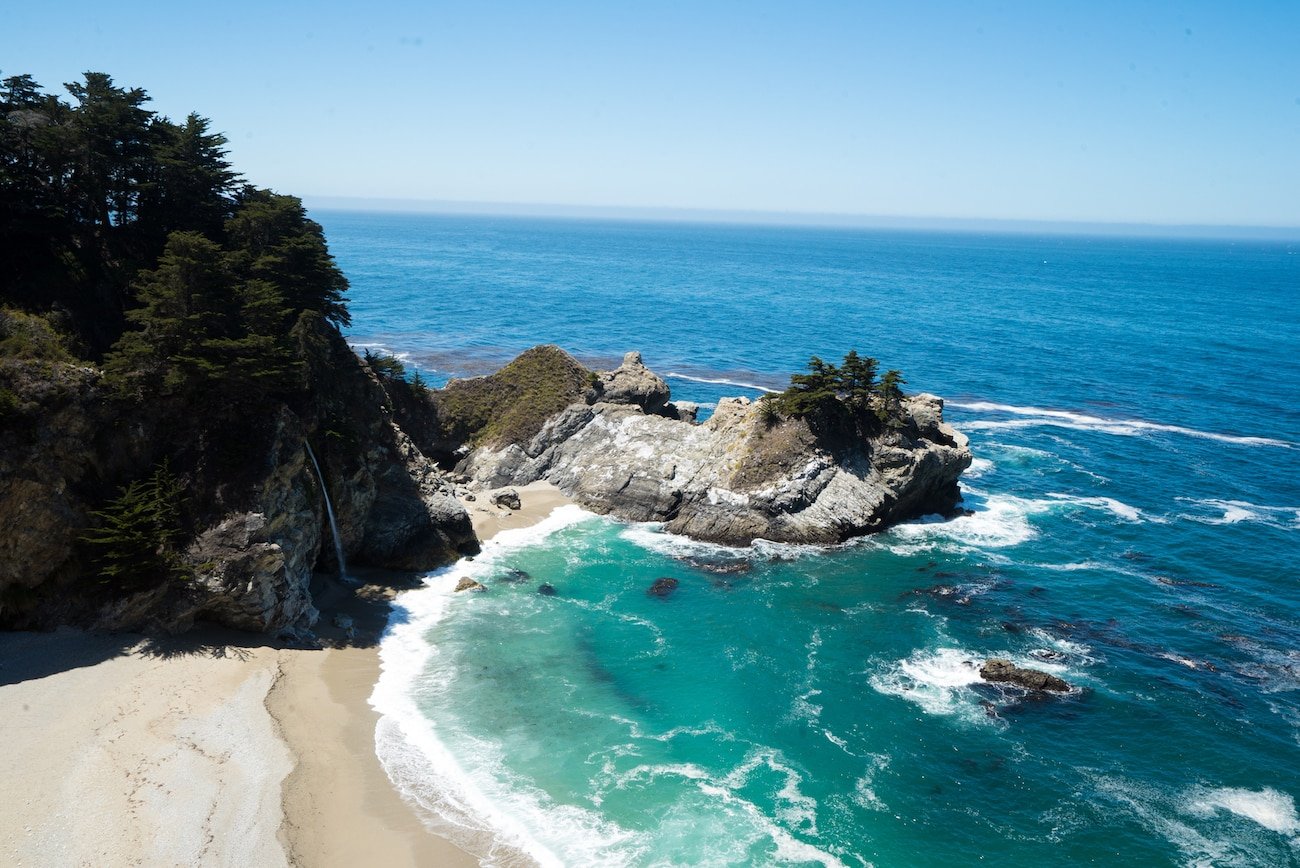
The 5 Gyres Institute
The 5 Gyres Institute’s slogan says it simply, “More Ocean, Less Plastic”. They work to empower action towards reducing and eliminating plastic pollution through science, art, education and adventure. You might be wondering what a “gyre” even is? It is simply an ocean current, but their name refers to the main subtropical gyres in the North and South Pacific, the North and South Atlantic, and the Indian Ocean – areas of the ocean where plastic trash accumulates. They also offer a great plastic-free shopping guide as well!
Surfrider Foundation
The Surfrider Foundation works in local communities to ensure we have clean water, healthy oceans, coastlines and accessible beaches for all. Don’t live near the coast? There are chapter sites in multiple inland cities like Chicago, Minneapolis, Charlotte, Atlanta, and so many other places!
The Ocean Conservancy
Every September, The Ocean Conservancy organizes the annual International Coastal Cleanup, where people from all over the globe come together to pick up trash off our beaches and waterways. In 2019, over 20 million pounds were collected. And that’s just one way they’re fighting for trash free seas.
SeaLegacy
A newer organization founded by biologists and conservation photographers Paul Nicklen and Cristina Mittermeier, SeaLegacy is working to improve and protect the health and sustainability of our oceans. Their expeditions capture the beauty and reveal the threats facing our oceans and are used to spread the word through media campaigns that raise awareness and drive change. They also amplify important projects working to protect the oceans and marine life across the world.
Healthy Rivers & Water Supply Groups
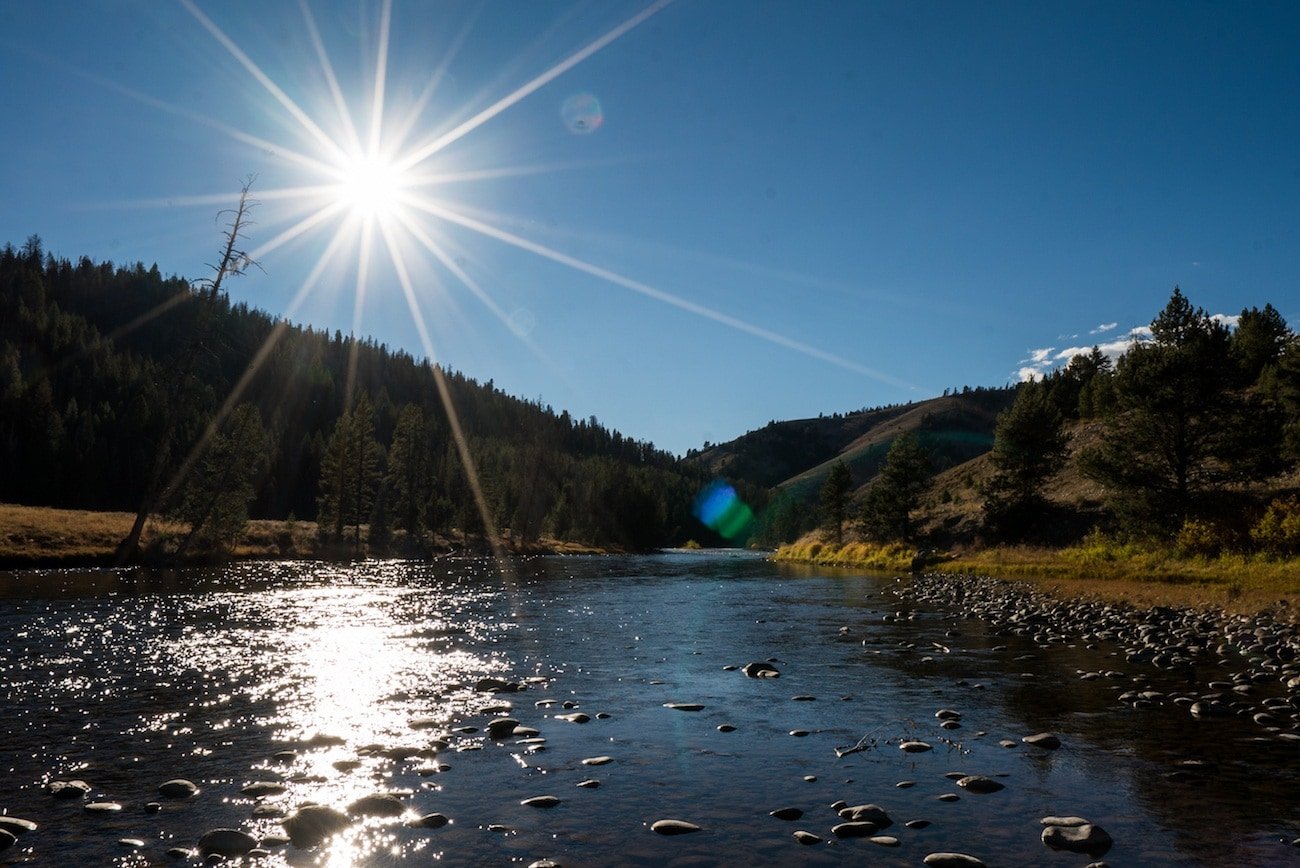
Waterkeeper’s Alliance
The Waterkeeper Alliance is the largest and fastest growing environmental group that is solely focused on the fight for clean water—water that is swimmable, drinkable and fishable. They also work in areas affected by large scale farming and other industrial practices. They have over 300 chapters worldwide with many in the U.S., making it easy to get involved.
American Rivers
American Rivers works on wild-free running rivers, removing dams, and restoring damaged rivers. They also have taken a stake in the fight against the Dakota Access Pipeline at Standing Rock. They recently celebrated 25 years of national river clean-ups across the country that have removed more than 25 million pounds of litter and debris–sign up to host or volunteer at a local clean-up!
Save Our Wild Salmon
As a nationwide coalition of public and private organization, Save Our Wild Salmon is working to restore self-sustaining and harvestable populations. They are gaining momentum in removing four dams on the lower Snake River in order to restore the Pacific Northwest’s wild salmon, a vital economic engine for local communities.
Climate Change Organizations
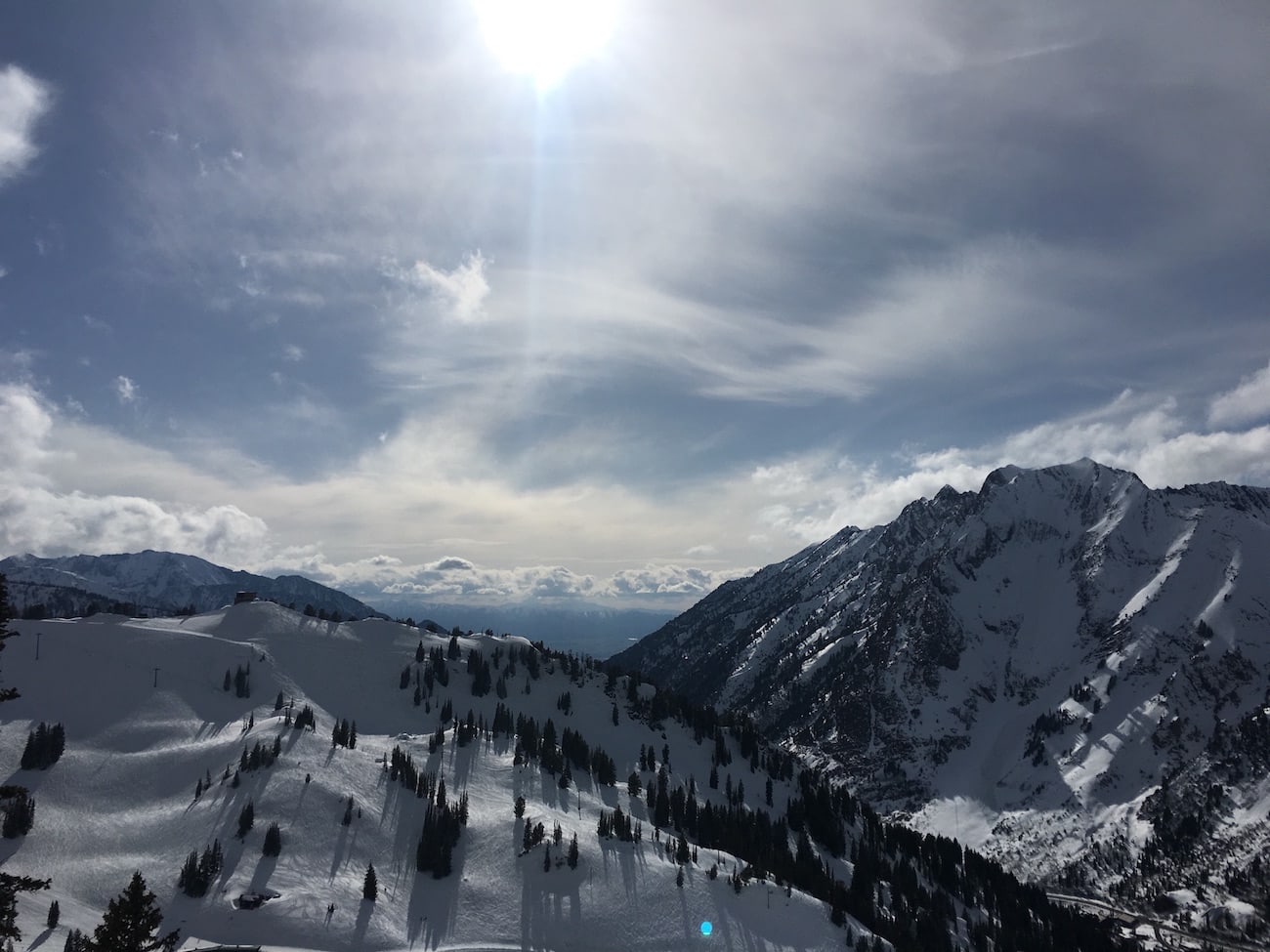
Protect Our Winters
Ready to hit the ski slopes this winter? So are we! That’s why we love Protect Our Winters, which is working to mobilize the snowsports community against climate change. Take the pledge to join their POW Seven initiative which offers the seven most effective ways to make a difference towards climate change and sustainability for the future.
Union of Concerned Scientists
The Union of Concerned Scientists performs important research on climate change and breaks down those results so non-scientists can understand. They also offer an awesome toolkit for those looking to get involved with advocacy work, from tips on writing and calling policymakers, getting media to cover events, and raising issues at public meetings – so your actions can have the biggest impact.
350.org
350 org is a great way to connect with other advocates in your community in order to build a collective voice. Their focus is on standing up to the fossil fuel industry which includes protesting against new fossil fuel development and offshore drilling.
Citizens Climate Lobby
Citizens Climate Lobby is a nonprofit, nonpartisan, grassroots advocacy climate change organization focused on national policies to address climate change. They empower everyday people to work together on climate policy and build support in Congress for national bipartisan solutions to climate change.
Environmental Advocacy Groups

Environmental Defense Fund
The Environmental Defense Fund (EDF) began as a group of scientists and lawyers determined to fight for the environment back in the ’60s and is now a leading environmental advocacy organization. Guided by science, EDF is committed to solving some of our biggest global challenges in ways that benefit both people and the planet.
Natural Resources Defense Council
The Natural Resources Defense Council (NRDC) stands up for the environment much like EDF. They work to defend our right to clean air, clean water, healthy communities, and wild places. Their website is full of easy ways to take action including signing petitions along with resources to help you learn about important issues.
Earth Justice
Earth Justice is a professional group of lawyers that takes on important environmental cases free of charge. They represented the Standing Rock Sioux Tribe in their fight against the Dakota Access Pipeline, stopped a coal mine in an indigenous community in Alaska, and are fighting for clean air and water and to stop the use of toxic pesticides.
Local Environmental Groups
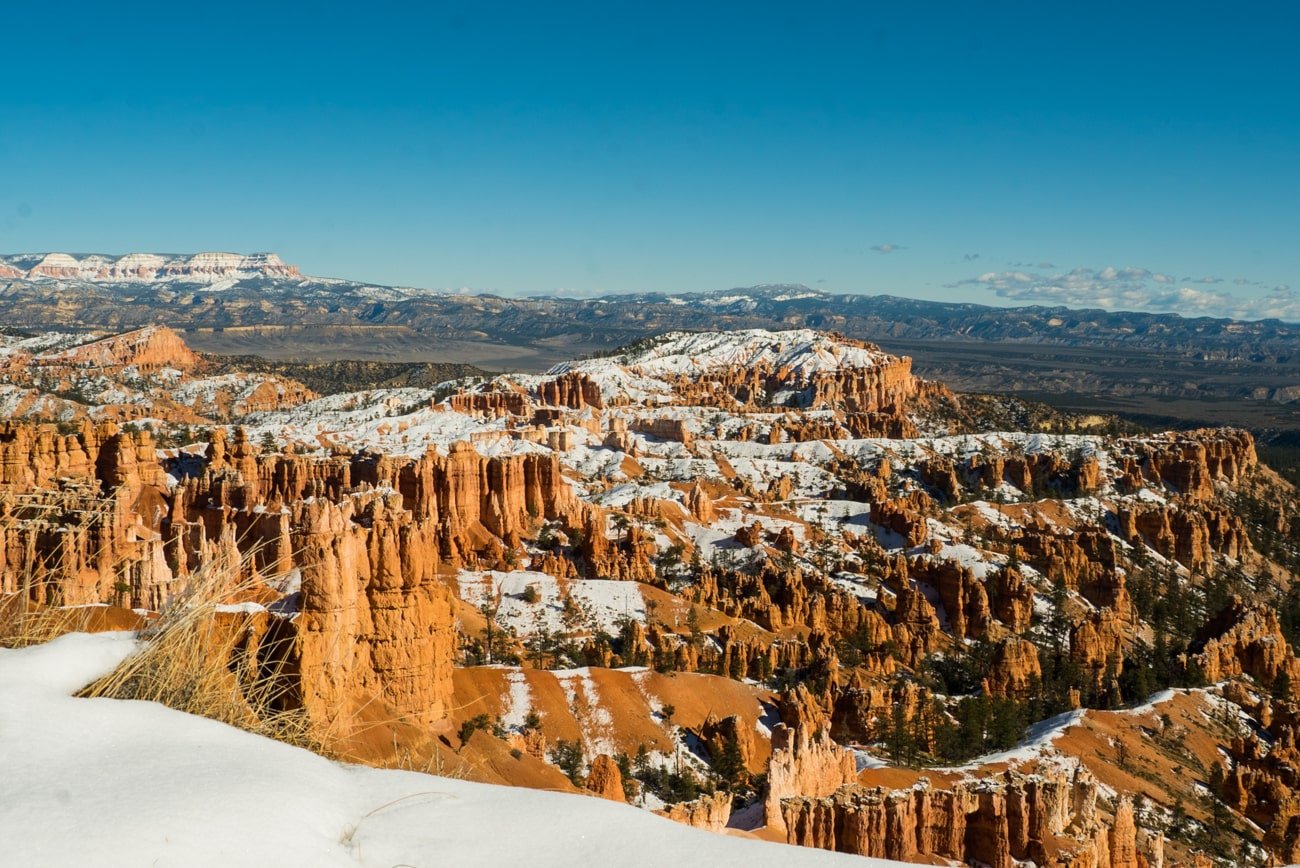
Looking to specifically support your local environmental group? Some of our favorites out West are:
Sierra Nevada Alliance
The Sierra Nevada Alliance brings together 85 conservation-focused member groups to protect and restore natural resources while promoting sustainable communities. Volunteer and intern programs (in Truckee, CA) are also available to support them!
Southern Utah Wilderness Alliance
As Utah’s only full-time, environmental non-profit organization, Southern Utah Wilderness Alliance, fights detrimental initiatives to sell away Utah’s public lands that are being considered in Congress. They are also fighting to protect the Bears Ears and Grand Staircase Escalante areas and working to pass the Red Rock Wilderness Act.
Rocky Mountain Field Institute
Rocky Mountain Field Institute gets volunteers out on the ground for trail restoration in Southern Colorado. They also offer single-day and multi-day experiential education programs for youth and fund research on restoration and erosion control.
California Wilderness Coalition
The California Wilderness Coalition is currently working on a variety of campaigns to designate and expand conservation and protected lands. Their goal is to protect existing and create new wilderness areas and wild and scenic rivers. Visit their “Action Center” to join the fight by signing petitions and emailing national leaders.
Not out West? Or looking for an environmental group more specific to your zip code or something you are more passionate about?
Patagonia Action Works has an awesome environmental grant program and has a map with all of their grantees on their website. If you are looking for a local environmental group near your home to donate to or volunteer with, this directory will give you a lot of pre-vetted options. Just enter your zip code and narrow your search results to “Environmental Grantees.”
You can do the same with Jack Johnson’s Ohana Foundation, which also supports local environmental initiatives and organizations. On their directory you can search for organizations that are working towards “Environmental Education”, “Oceans and Watersheds”, “Renewable Energy” and more!
What’s your favorite way to support the environment and conservation? What awesome environmental groups are we missing that are doing important work?


So happy you’ve decided to start a conservation series! Thank you for the info. Looking forward to future posts. 🙂
Thanks Amber. Glad you are stoked about it!
Awesome list, thanks!
Enjoy Lynn! Thanks for stopping by!
good day my name is David Richardson and i live in the BAHAMAS Freeport Grand Bahama to be exact and i’m a part of a concerned citizens group who’s community is basically surrounded by industrial organizations, and we have been trying to address the issues and concerns that’s been affecting us for many years with no results our and our government isn’t helping us in any way so i’m reaching out for help in this matter.
Thank you, David, for reaching out. We wish you best of luck in protecting your beautiful lands. Have you reached out to the Nature Conservancy? They work in the Bahamas!
Thank you for the great list – I know many of the groups and was introduced to more. Check out the Inland Ocean Coalition – and the chapters, especially the Colorado Ocean Coalition who is working to save oceans from a mile high.
Thanks Vicki for the info, will definitely look into them.
Hi Kristen! I’ve enjoyed reading about your adventures on your blog. Thanks for this list. It is in an interesting list and I realize it is mainly your opinion. I was kind of surprised that the Aldo Leopold Foundation wasn’t mentioned. In many circles, he is considered to be a founding member, if you will, of the modern conservation movement in the United States.
Just offering my observation.
I love what you said about ensuring sustainability for future generations by offering financial support. I believe that conserving environmental resources is a big deal that should be taken seriously. If I were to donate to such a cause, I’ll make sure to find an organization that can tell me exactly where my money goes.
Kristen, Thanks for building such an informative website. I’m definitely an environmentally conscious partner.
I have a great idea that would inject billions into these groups efforts. My goal is to help secure more land for
Future generations and to preserve nature as it’s intended. There is plenty of reason to be moving forward on these projects. Please let me know if you have any financial interest in helping these efforts.
Thanks, Kristen! This is a very helpful list!
We always have supported environmental non profit organizations, yet your can’t support them all.
This list reflects pretty much the scope we have been following, with rather meager retirement means, but alas. We switch at times to other organizations, but our goal is about five per year.
One can do a lot at home, mainly if one has a garden. Backyard ecology is very important too: no pesticides (although the lantern flies have made us wanting to kill), attracting bees, hummingbirds, other nesting birds, such as house wrens, have made us happy during the pandemic, as it was with many people. Our granddaughters are observing and participating. It’s their future.
Ellen and Pierre
Thanks for sharing!
Thanks for your list of environmental organizations. Would you also look into Citizens’ Climate Lobby? We’ve been around for 11 years and lobby our Members of Congress (and others) to support a price on carbon, the revenue of which would be returned to the American people, especially benefitting the lowest economic percentiles. A carbon tax is the most effective and efficient way to lower CO2 and other emissions, improve public health, and to drive innovation in the renewable energy sector.
Thanks, we’ll check it out!
This is a very common thread in articles, speeches and so on of environmental institutions and nonprofits: “Donate, help us, we can save the planet.” I hate to be realistic, I have lived a very long time to know that policy and politics don’t mean a thing, don’t do a thing. Marches, manifestations, meetings in the park all are fantastic but change very little; while some people are standing in the heat of summer or in the freezing cold, screaming “we want change,” the fat cats are in the balcony laughing as there will be no change, and people will be tricked into believing change is happening.
Politicians that don’t have much of a brain have been convinced for example that Electric Vehicles are the answer to air pollution and earth pollution. If they say it enough times people will believe there is change. This are the facts that we haven’t been told: Electric vehicles generate a great deal of pollution as energy does not come from renewable energy sources. It comes from the cheapest power plant to the charging stations; the cheapest energy is sold by the dirtiest of power plants. In the whole US 17% of energy comes from renewable sources, including rivers and dams which produce the most. These sources of energy such as solar panels and wind turbine farms are targeted to residential and commercial users and not Electric Vehicles.
Most EV batteries are lithium and if we sit down and learn of how much air pollution and water pollution mining lithium produces, we might run to using fossil fuels, which I do not recommend.
In this short article I can’t get into details so I invite you to go to ciic-corp.com and learn about a most advanced renewable energy solution that can send a long-haul truck from LA to NY on a single charge.
Besides the long list of product benefits which you will read on the website, there are many important ones.
1. It cuts down at least 50% of the electrical energy a long-haul truck needs.
2. With less cost of energy, the trucker or a fleet of trucks may double in size just from the savings that otherwise he would pay to someone in the Middle East. (If there is no financial benefit to the user, the user would not use it.)
3. Regenerates electricity reusing batteries over and over, thus reducing the number of batteries that need to be manufactured.
The electric truck is a myth without our product. The very few will embrace the idea, but the financial costs are staggering. The big selling point is that electrical charge is better for the environment. The reality for the trucking industry is that it costs far more to use an Electric Truck because it is not only the cost of energy that must be considered; it is the wasted time of idle equipment and of the driver that must wait as much as an hour to charge and even more if the driver must wait for the truck ahead to complete its charge. Longer time of arrival, late delivery, higher salaries, etc. make it impossible for the trucking industry to embrace it.
A big marketing scheme is that the new batteries will take a truck for 400 miles. What if the trucker had to use 50 of those miles in town? He may not make it to the next charging station.
A promise is that in 30 minutes the battery can be charged to 80%. Then the truck cannot go 400 miles it can only go 320 miles. Who are they kidding?
Let’s put our money where our mouth is. Let’s solve a problem, let’s not just make noise hoping policy will change, hoping there is political will, let’s do it investing in a solution that will also make you, the truckers and the trucking fleets a lot of money, let’s significantly cut CO2 emissions worldwide. Our products will span the world.
We have been screaming for change for more than 20 years. Have there been real solutions other than some solar and wind energy? Not really. Now that gas and Diesel sit at $6, there is little hope to bring prices down. With our technology we can cut it in half to $3, and it the price of gas and Diesel magically drop to $2, we can cut that to $1.
See you at our webpage; talk to me.
Hi Carlos, thanks so much for your thoughts & being a part of the change.
A number of the environmental organizations including the NRDC, the Sierra Club, and WWF, are promoting “sustainable ranching”. Cattle grazing damages the plant environment for wildlife and the meat and dairy industries are major contributors to global warming and deforestation. Even in areas where cattle ranching has been active for a century the native trees are not being replaced with young ones as they are destroyed by grazing cattle. Instead of conservation of the status quo they should be promoting restoration of the lands.
Hi Bruce – Thanks so much for sharing. I eat a 100% plant-based diet, so I’m personally not in favor of these practices either. I’ll review this blog post which was written years ago and evaluate which organizations we want to continue to support. Thanks, Kristen
Thank you for compiling this comprehensive list of environmental organizations! Much appreciated!